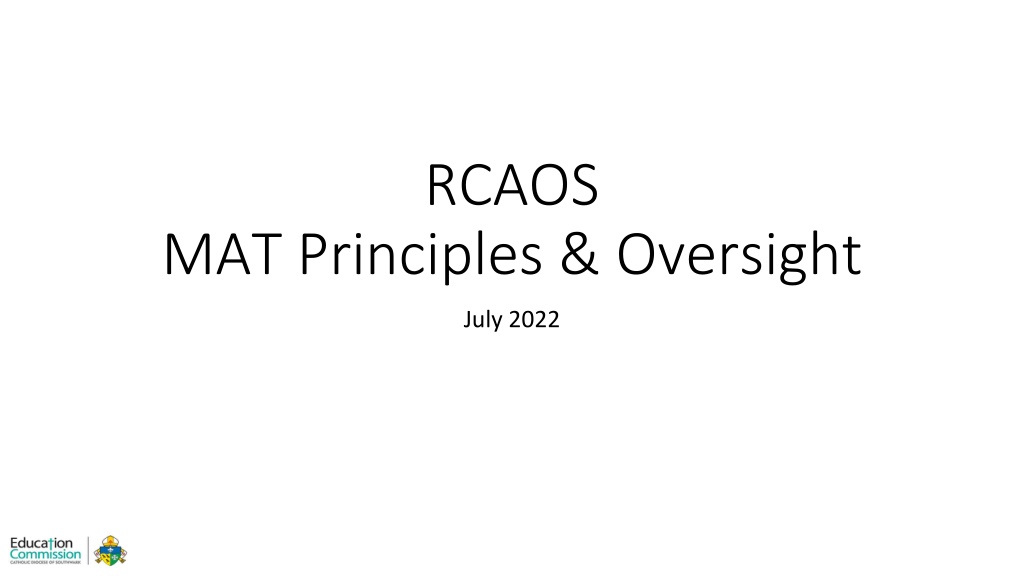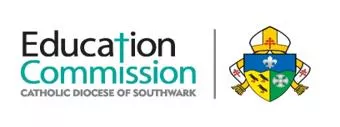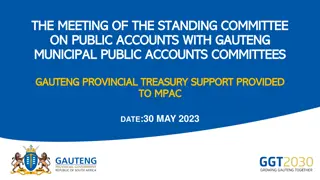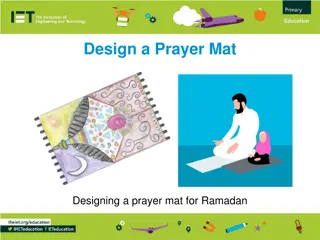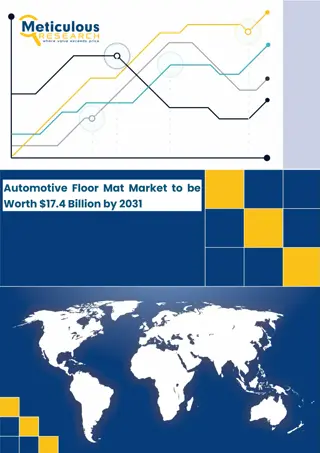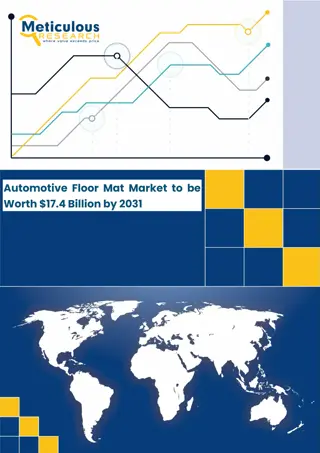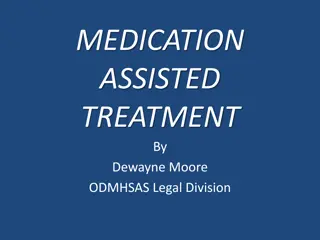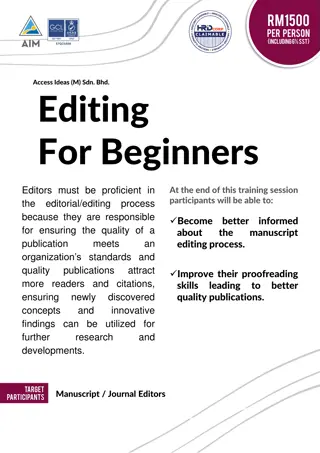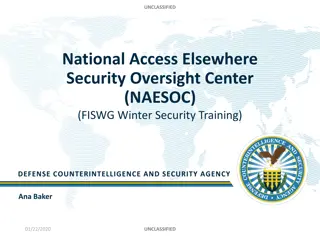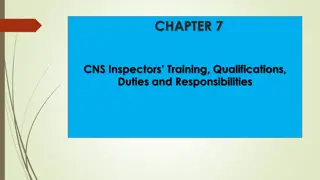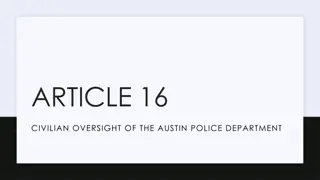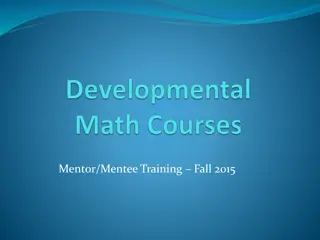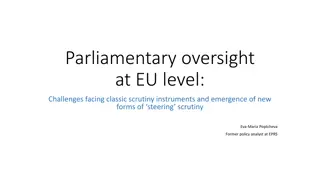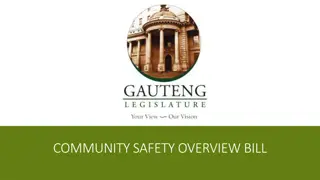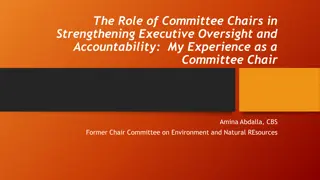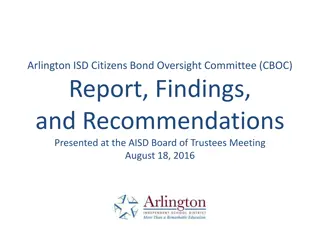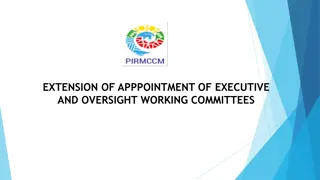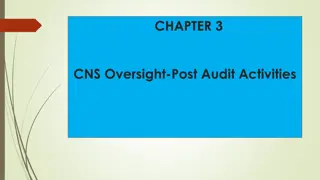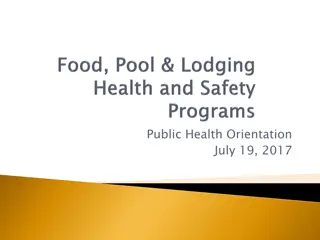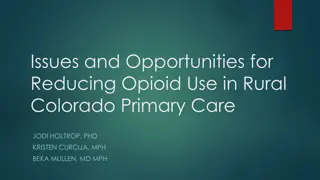RCAOS MAT Principles & Oversight July 2022 Overview
The document outlines the approach to academisation by the RCAOS, emphasizing the need for new oversight and principles to create financially viable MATs serving Catholic communities effectively. It discusses key principles like inclusion, growth plans, authentic Catholic education, and the appointment of trustees. The White Paper published in March 2022 sets the goal for all children to benefit from being taught in a family of schools by 2030, with a focus on underperforming schools and local community service.
Download Presentation

Please find below an Image/Link to download the presentation.
The content on the website is provided AS IS for your information and personal use only. It may not be sold, licensed, or shared on other websites without obtaining consent from the author.If you encounter any issues during the download, it is possible that the publisher has removed the file from their server.
You are allowed to download the files provided on this website for personal or commercial use, subject to the condition that they are used lawfully. All files are the property of their respective owners.
The content on the website is provided AS IS for your information and personal use only. It may not be sold, licensed, or shared on other websites without obtaining consent from the author.
E N D
Presentation Transcript
RCAOS MAT Principles & Oversight July 2022
The Spirit of Jesus Heavenly Father, Send the Spirit of your son to remain with us during our meeting. Let him guide us, and inspire us to think and speak according to the mind of Jesus. Fill us with your joy and love, and help us to put our plans into practice.
Background White Paper published March 2022 By 2030, all children will benefit from being taught in a family of schools, with their school in a strong multi academy trust or with plans to join or form one. The best trusts in the system will work where they are needed most, levelling up standards, and transforming previously underperforming schools. Local authorities will have the opportunity to establish MATs in their areas. There will be new powers to intervene in underperforming MATs MATs will be subject to new statutory standards and inspection SATs to merge, creating MATs comprising 10 schools or more In accordance with previous Trustee papers and reflecting the direction of travel set out in the Education Strategy it is proposed to work with all Southwark schools to create a family of sustainable Catholic MATs serving local communities within the timeframe proposed by government.
RCAOS approach to Academisation The approach of allowing schools to convert if and when they want is no longer a strategy fit for the new landscape and now needs to be changed New oversight to be implemented with immediate effect New principles Optimum number of MATs across the Diocese Cognisant of the White paper definition of a minimum of 7,500 pupils or at least 10 schools Desire to build strong financially viable set of MATS with firm development plans, able to serve Catholic Communities across all education phases within sensible geographic boundaries
Principles Principle Key note No school is left behind Growth plans must include the inclusion of all RCAOS schools. Promote and Strengthen authentic Catholic Education Vision and Mission clear and approved by the Diocese. Episcopal oversight. A sustainable model for its communities Growth, financial sustainability, improved outcomes for pupils Explicit in its aims for Children and Families Development plans clear Inclusion: breadth of opportunity and academic standards Value of diversity in our schools Trustees/ Directors and Members must be appointed by the Diocese Episcopal oversight of the trust and its academies as required in Canon Law
Principles cont. Principle Key note Model Articles, policies and MoU Utilise CES model articles Abide by the DfE/Catholic Education MoU in dealings with the RSC and ESFA Name to be approved by the Diocese or a name will be chosen by the Archbishop Growth and Development to be approved by the Diocese All MATs must submit their growth and development plans to the Diocese prior to submission to the RSC. Use of central buildings and maintenance teams consistent approaches are taken to compliance matters across the Diocesan estate.
Oversight New CAT challenge group led by the Episcopal Vicar for Education Father Victor Darlington Challenge group to act as approving body for Diocesan requirements outlined in the principles as well as: Director appointments CEO & CFO appointments Growth plans Approval prior to submission to RSC First sitting in September 2022
Proposed CAT development areas The Diocese has identified that the number of CATs should be restricted to ensure size and sustainability around 5-6 is likely at the most Initial analysis is indicative the CAT challenge group may introduce additional CATS (if a case is made and accepted) and schools may choose to join a different RCAOS CAT than it s most local (subject to approval) Initial analysis results in 6 CATS that Across education phases A family of Our children not my children Have a variety of OFSTED ratings so risk is spread Surpass the minimum sustainability criteria outlined in the White paper Reflect many existing relationships and best practice in Catholic education
